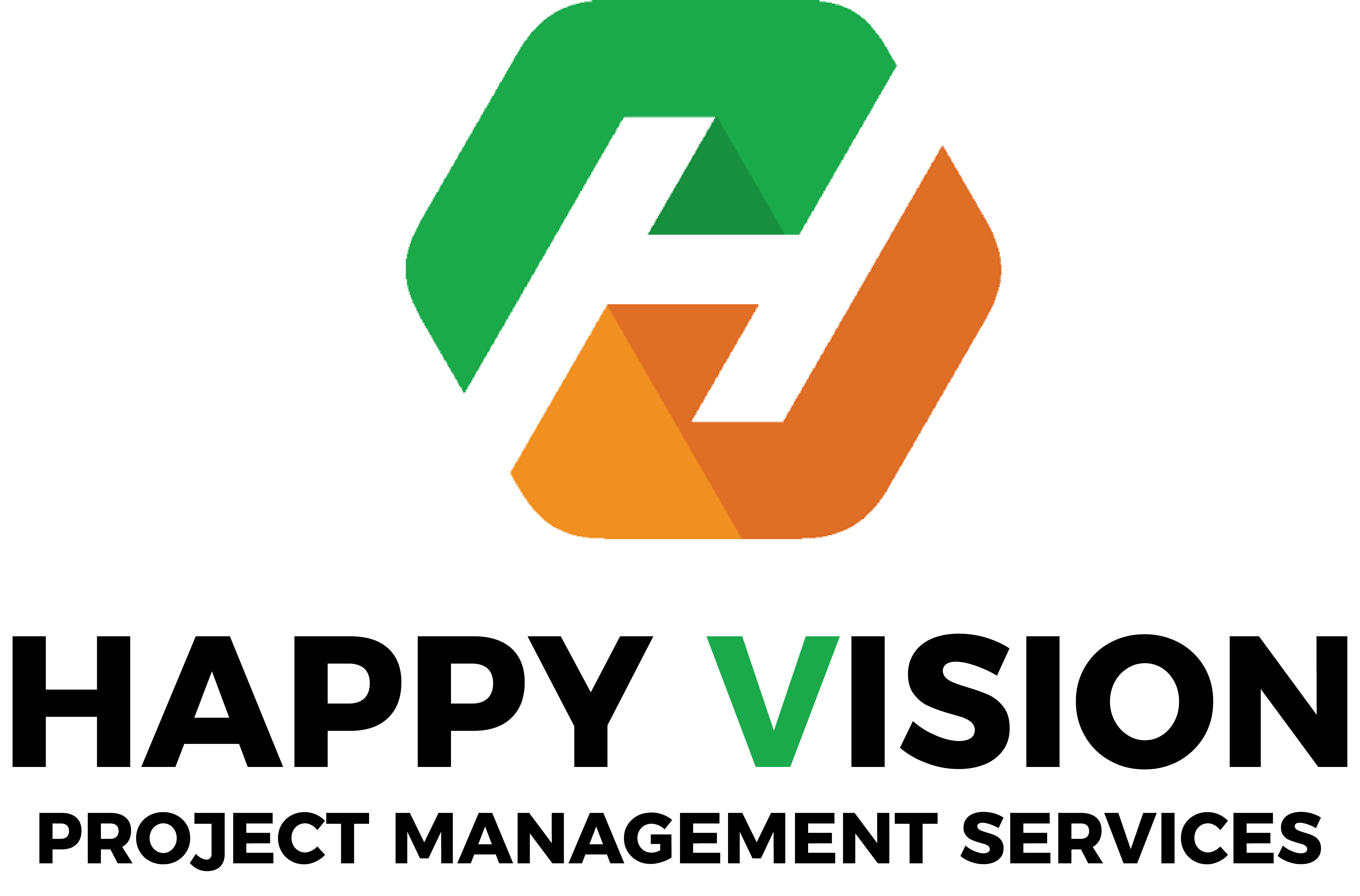- Have any question?
- +971 52 7109733
- +971 55 2761251
- info@happyvisiont.com
Nutrition Guidance and Coaching in Fitness Gym Centre
SLOT DEPO 10K DAPAT DIMAINKAN MELALUI PERANGKAT ELEKTRONIK
March 13, 2024Pedoman Memutuskan Blog slot Online Terpilih untuk Tahun 2024
March 14, 2024Nutrition Guidance and Coaching in Fitness Gym Centre
Nutrition guidance and coaching play a crucial role in helping sculpt24gym.com members achieve their fitness goals, improve their overall health, and optimize their performance. Here’s how you can incorporate nutrition services into your fitness gym center:
1. Certified Nutrition Coaches:
- Qualified Staff: Hire certified nutrition coaches with credentials from reputable organizations such as Precision Nutrition, ISSA, NASM, or ACE.
- Expertise: Ensure coaches have expertise in areas such as nutrition science, dietary analysis, behavior change, and meal planning.
- Continuous Education: Encourage coaches to stay updated on the latest research, trends, and guidelines in nutrition science through ongoing education and professional development.
2. Nutrition Assessments:
- Initial Consultation: Conduct an initial consultation with each client to assess their current dietary habits, nutritional needs, goals, and any specific dietary restrictions or preferences.
- Dietary Analysis: Perform a comprehensive analysis of clients’ dietary intake, including macronutrient breakdown, micronutrient adequacy, hydration status, and eating patterns.
- Body Composition Analysis: Use tools such as body composition scales, bioelectrical impedance analysis (BIA), or skinfold calipers to assess clients’ body composition and track changes over time.
3. Personalized Nutrition Plans:
- Customized Meal Plans: Develop personalized meal plans tailored to clients’ goals, dietary preferences, energy needs, and food sensitivities or allergies.
- Nutrient Timing: Provide guidance on nutrient timing strategies, including pre- and post-workout nutrition, meal timing for optimal energy levels, and bedtime snacks to support recovery and muscle growth.
- Portion Control: Educate clients on portion control, mindful eating practices, and strategies for managing hunger and cravings while maintaining a balanced and sustainable approach to nutrition.
4. Nutritional Education and Counseling:
- Nutrition Education: Offer educational resources, workshops, or seminars on topics such as macronutrients, micronutrients, hydration, supplementation, and label reading.
- Behavioral Coaching: Incorporate behavioral coaching techniques to help clients overcome obstacles, develop healthier eating habits, and make sustainable lifestyle changes.
- Goal Setting: Collaborate with clients to set realistic and achievable nutrition goals, whether they’re focused on weight loss, muscle gain, sports performance, or overall health improvement.
5. Ongoing Support and Accountability:
- Regular Check-Ins: Schedule regular follow-up appointments or check-ins with clients to monitor progress, address challenges, and provide ongoing support.
- Food Journaling: Encourage clients to keep food journals or use nutrition tracking apps to monitor their dietary intake, track progress, and increase awareness of their eating habits.
- Accountability Measures: Implement accountability measures such as progress tracking, goal reviews, and adherence monitoring to help clients stay motivated and committed to their nutrition plan.
6. Integration with Fitness Programming:
- Integration with Training: Coordinate nutrition coaching services with personal training sessions or group fitness classes to provide clients with a comprehensive approach to health and wellness.
- Nutrition Challenges: Organize nutrition challenges or wellness programs within the gym community to promote healthy eating habits, encourage participation, and foster a supportive environment.
- Collaboration with Health Professionals: Work collaboratively with other health professionals, such as personal trainers, physical therapists, or mental health counselors, to address clients’ holistic health needs and provide integrated care.
7. Wellness Resources and Partnerships:
- Nutritional Supplements: Provide education and recommendations on nutritional supplements, including their potential benefits, safety considerations, and appropriate usage.
- Partnerships with Registered Dietitians: Establish partnerships with registered dietitians or nutritionists who can offer specialized services, medical nutrition therapy, or clinical nutrition counseling for clients with complex health conditions.
- Community Resources: Connect clients with external resources such as healthy meal delivery services, local farmers’ markets, or cooking classes to support their nutrition goals and promote sustainable lifestyle changes.
By offering comprehensive nutrition guidance and coaching services in your fitness gym center, you can empower members to make informed food choices, optimize their nutrition for better health and performance, and achieve long-term success in their fitness journey
